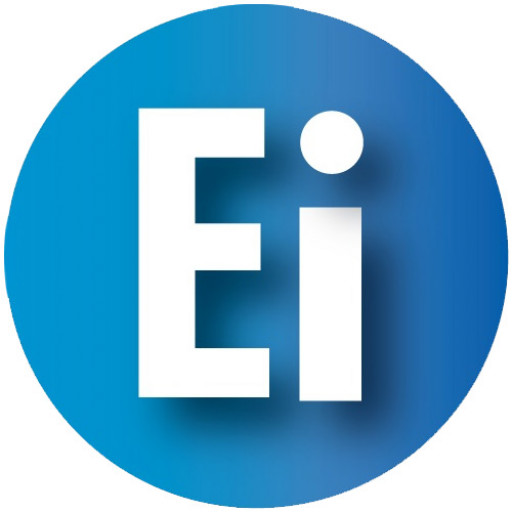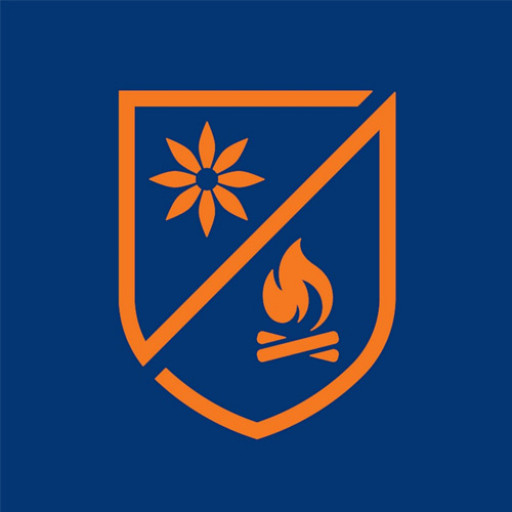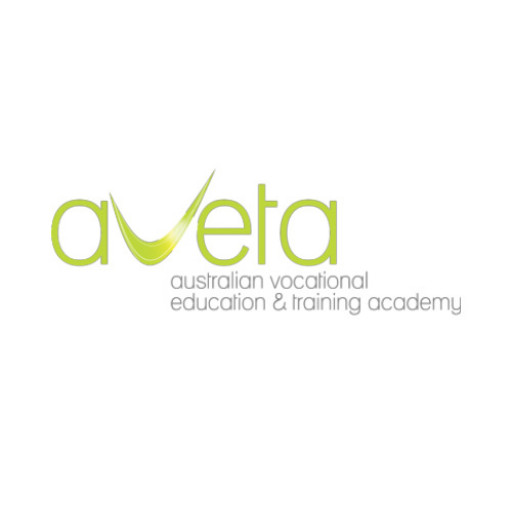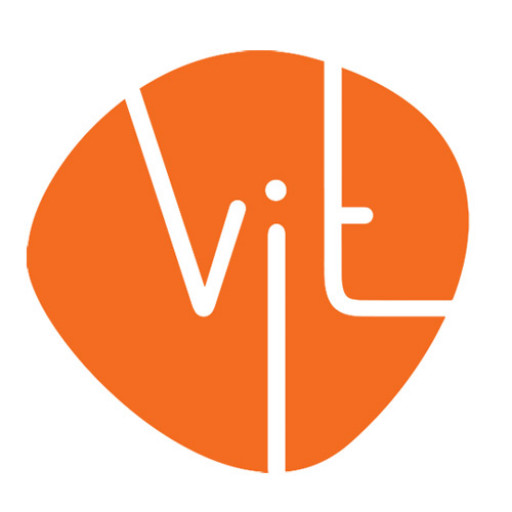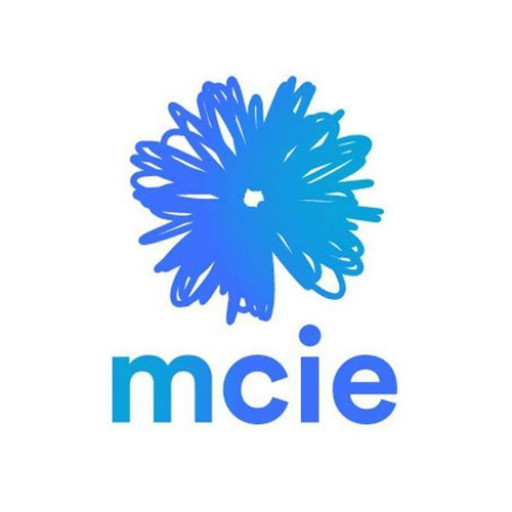Commercial Cookery is a comprehensive program designed to equip students with the essential skills and knowledge required to excel in the dynamic hospitality industry. This course provides a solid foundation in culinary techniques, food preparation, and kitchen management, ensuring graduates are well-prepared for various roles in commercial kitchens, including restaurants, hotels, and catering services. Throughout the program, students will learn how to prepare a wide range of dishes covering international cuisines, develop proficiency in knife skills, and understand food safety and hygiene standards. The curriculum emphasizes practical training, fostering hands-on experience in real-world kitchen environments, which is vital for building confidence and competence in culinary arts. Students will also gain valuable insights into menu planning, cost control, and inventory management, integral aspects of running a successful culinary operation. The program aims to cultivate creativity, attention to detail, and teamwork, preparing graduates to work efficiently under pressure while maintaining high standards of quality. Additionally, the course prepares students for future career advancement by providing foundational knowledge of kitchen operations and customer service. Upon completion of the Commercial Cookery program, students will be qualified to undertake roles such as apprentice chefs, kitchen assistants, or line cooks, with the potential for further specialization in areas like patisserie, Sous Chef, or culinary management. This program is ideal for individuals passionate about the culinary arts and seeking a pathway into the hospitality industry, offering a combination of theoretical learning and practical application to ensure readiness for the diverse challenges of professional cooking.
The Commercial Cookery program at Everest Institute is designed to equip students with the essential skills and knowledge required to succeed in the dynamic and competitive culinary industry. This comprehensive course covers a broad range of topics, including food preparation, cooking techniques, kitchen etiquette, safety and hygiene practices, and the fundamentals of restaurant and cafe operations. Students will gain hands-on experience in practical cooking environments, allowing them to develop their cooking skills and gain confidence in a professional kitchen setting. The program emphasizes the importance of understanding various cuisines, ingredient selection, menu planning, and presentation skills, ensuring graduates are well-prepared to meet industry standards. Throughout the course, students will learn about the proper handling and storage of food, sanitation procedures, and the importance of sustainable practices in the culinary field. The curriculum also includes training in customer service and communication, which are vital components of successful food service operations. As part of their training, students will participate in internships or work placements that provide real-world experience and networking opportunities with industry professionals. The program aims to foster creativity, teamwork, and professionalism, preparing graduates for various roles in restaurants, hotels, catering services, and other hospitality venues. Upon completion, students will have the practical skills and theoretical knowledge necessary to start their careers in commercial cooking, with many graduates going on to work as line cooks, kitchen assistants, or even sous chefs. With a focus on practical skill development and industry relevance, the Commercial Cookery program at Everest Institute is your stepping stone into a rewarding culinary career.
Program requirements for Commercial Cookery at Everest Institute typically include a minimum educational background of completion of secondary school or equivalent. Applicants should demonstrate a genuine interest in culinary arts and a commitment to developing professional cooking skills. Prior experience in a kitchen environment is advantageous but not mandatory, as the program provides comprehensive training for beginners and those with some experience. Candidates must meet English language proficiency standards to ensure effective communication within the classroom and practical settings. As part of the application process, prospective students may be required to submit proof of educational qualifications, identification documents, and possibly undergo an interview or assessment to evaluate their suitability for the program. The program is designed to prepare students for employment in various sectors of the food industry, including restaurants, hotels, and catering services, so applicants should be prepared to engage in a rigorous learning process that covers food safety, hygiene standards, culinary techniques, and kitchen management. Physical stamina and the ability to work in a fast-paced environment are also important. Some programs may require students to complete pre-requisite courses or foundational modules before advancing to more complex culinary skills. Additionally, students might need to participate in practical cooking sessions, complete capstone projects, and pass assessments to demonstrate mastery of the skills taught. The overall entry requirements aim to ensure students are equipped with the foundational skills and motivation necessary to succeed in a dynamic and demanding culinary career.
The financing studies for the Commercial Cookery program at Everest Institute typically encompass a range of options designed to support students throughout their educational journey. Prospective students are encouraged to explore various avenues of financial aid, including government funding, scholarships, and payment plans. Federal and state financial aid programs may be available depending on the student's eligibility, offering grants or loans to assist with tuition and associated costs. Everest Institute often provides information on scholarships specifically aimed at students pursuing careers in the culinary arts, which can substantially reduce the financial burden. Additionally, payment plans are commonly offered to enable students to spread out their tuition payments over a manageable period, making the investment in their education more accessible. Private funding sources, such as external scholarships from culinary associations or community organizations, can also be considered. It is advisable for students to consult the institute's financial aid office early in their application process to understand the comprehensive options available and to complete necessary documentation promptly. Moreover, students may explore work-study opportunities or part-time employment programs that allow them to earn while they learn, helping offset educational expenses. Loan programs are another resource, with federal student loans being a typical avenue for many students. These loans often have favorable repayment terms and interest rates, making them a practical option for financing higher education. Everest Institute emphasizes the importance of financial planning and encourages students to assess their individual financial situations thoroughly before committing to their educational investment. They recommend utilizing financial calculators, detailed budget planning, and consulting with financial advisors when available. Ultimately, the institute aims to make Commercial Cookery education accessible to motivated students by providing comprehensive guidance on financing options, ensuring that financial considerations do not hinder prospective students from acquiring essential culinary skills and advancing their careers in the hospitality industry.
Commercial Cookery at Everest Institute offers students comprehensive training and practical skills essential for a successful career in the culinary industry. The program is designed to equip learners with extensive knowledge of food preparation, kitchen operations, safety and hygiene standards, and culinary presentation. Students will gain hands-on experience working in a simulated kitchen environment, preparing a variety of dishes ranging from traditional to contemporary cuisines. The coursework covers fundamental cooking techniques, menu planning, and the use of various kitchen equipment. Emphasis is placed on developing skills in customer service, teamwork, and time management, which are vital in fast-paced culinary settings. The program also includes theoretical components such as nutrition, food safety standards, and industry regulations, ensuring graduates are well-rounded professionals prepared to meet industry demands. Everest Institute's industry connections and practical training placements provide students with real-world experience and networking opportunities. Graduates from the Commercial Cookery program are prepared for entry-level positions such as apprentice chefs, line cooks, or kitchen assistants, and gain the necessary competencies to pursue further specialization or advanced roles within the culinary field. The program typically combines classroom instruction with practical kitchen sessions, fostering an engaging learning environment that emphasizes both skill development and industry readiness. With the increasing popularity of diverse cuisines and the growing hospitality sector, completing this program can open multiple career pathways locally and internationally. Everest Institute ensures that its curriculum aligns with current industry standards, preparing students to meet the evolving needs of the culinary profession.
